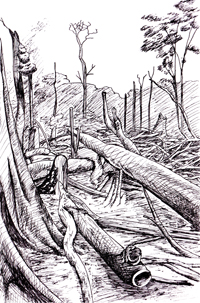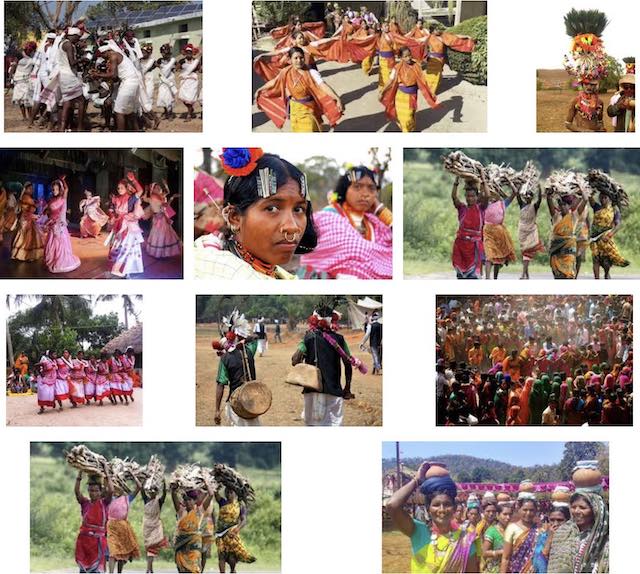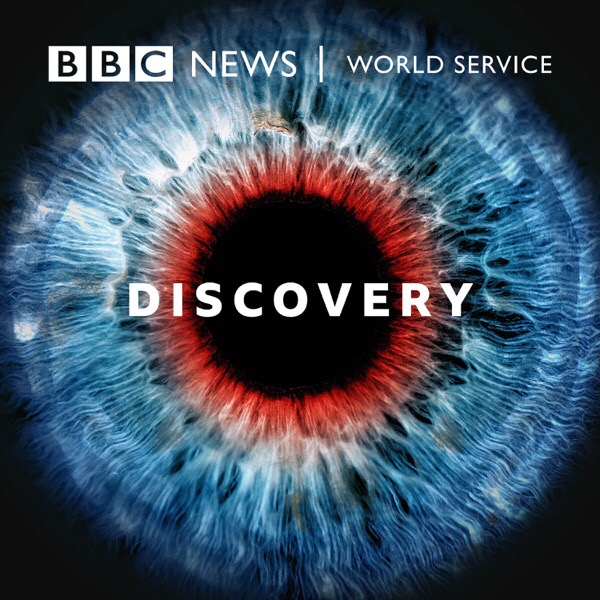Infectious diseases which cause epidemics and pandemics are on the rise.
Claudia Hammond is joined by an eminent panel of disease detectives, who spell out why the risks are increasing and most importantly, what we can do to predict, prepare and protect ourselves against potentially devastating new outbreaks.
Will the next infectious disease to wreak havoc across the globe again jump from animals, a zoonotic jump across species?
Think SARS, HIV, MERS, Zika, Nipah Virus, Lassa Fever, Ebola, Avian Flu, Swine Flu, Mpox and of course the coronavirus that causes Covid-19.
The panel is unanimous in their plea for recognition that human health is inextricably linked to both animal health and the health of the environment. Without an understanding that we are part of an ecosystem and that climate change and the loss of biodiversity have a direct impact on epidemic and pandemic risk, we’ll struggle to keep ourselves safe they say. […]
Source: BBC Discovery 24 December 2022
URL: https://www.bbc.co.uk/programmes/p0dqz06j
Date Visited: 25-12-22
[Bold typeface added above for emphasis]

“We can do things differently to reinvent growth without pollution. But only if we have the courage to think differently.” – Sunita Narain in Down To Earth >>
Continents & countries
Up-to-date reports by Indian experts and journalists
Search tips
Combine the name of any particular state, language or region with that of any tribal (Adivasi) community.
Add keywords of special interest (music, poetry, dance just as health, sacred grove and biodiversity); learn about the rights of Scheduled Tribes such as the “Forest Rights Act” (FRA); and the United Nations “Declaration on the Rights of Indigenous Peoples”, “Universal Declaration of Human Rights”, “women’s rights”, or “children’s right to education”.
Specify any other issue or news item you want to learn more about (biodiversity, bonded labour and human trafficking, climate change, ecology, economic development, ethnobotany, ethnomedicine, global warming, hunter-gatherers in a particular region or state, prevention of rural poverty, water access).
For official figures include “scheduled tribe ST” along with a union state or region: e.g. “Chhattisgarh ST community”, “Himalayan tribe”, “Scheduled tribe Tamil Nadu census”, “ST Kerala census”, “Particularly Vulnerable Tribal Group Jharkhand”, “PVTG Rajasthan”, “Adivasi ST Kerala”, “Adibasi ST West Bengal” etc.
In case the Google Custom Search window is not displayed here try the following: (1) toggle between “Reader” and regular viewing; (2) in your browser’s Security settings select “Enable JavaScript” | More tips >>
Note: hyperlinks and quotes are meant for fact-checking and information purposes only | Disclaimer >>
List of websites covered by this Google custom search engine
Academia.edu (platform for academics to share research papers) – www.academia.edu
Archive.org – https://archive.org
Centre for Science and Environment – https://www.cseindia.org
Current Conservation – https://www.currentconservation.org
Development and Cooperation (D+C) https://www.dandc.eu
Down To Earth (India) – www.downtoearth.org.in
India Environment Portal – www.indiaenvironmentportal.org.in
Harnessing Nature Magazine – https://harnessingnature.online
Mongabay-India – https://india.mongabay.com
M S Swaminathan Research Foundation – www.mssrf.org
Navdanya (protecting India’s biodiversity based food heritage) – https://navdanya.org
Third World Network (Penang, Malaysia) – https://twn.my
The Shola Trust (nature conservation in the Nilgiri region) – www.thesholatrust.org

Indian online periodicals and platforms | Images view >>
~ ~ ~
Personalize your CustomSearch by combining other search words >>
(e.g. name of a tribal community and region, a craft, or dance and puppetry)
Research the above issues with the help of Shodhganga: A reservoir of theses from universities all over India, made available under Open Access >>
Note: hyperlinks and quotes are meant for fact-checking and information purposes only | Disclaimer >>
